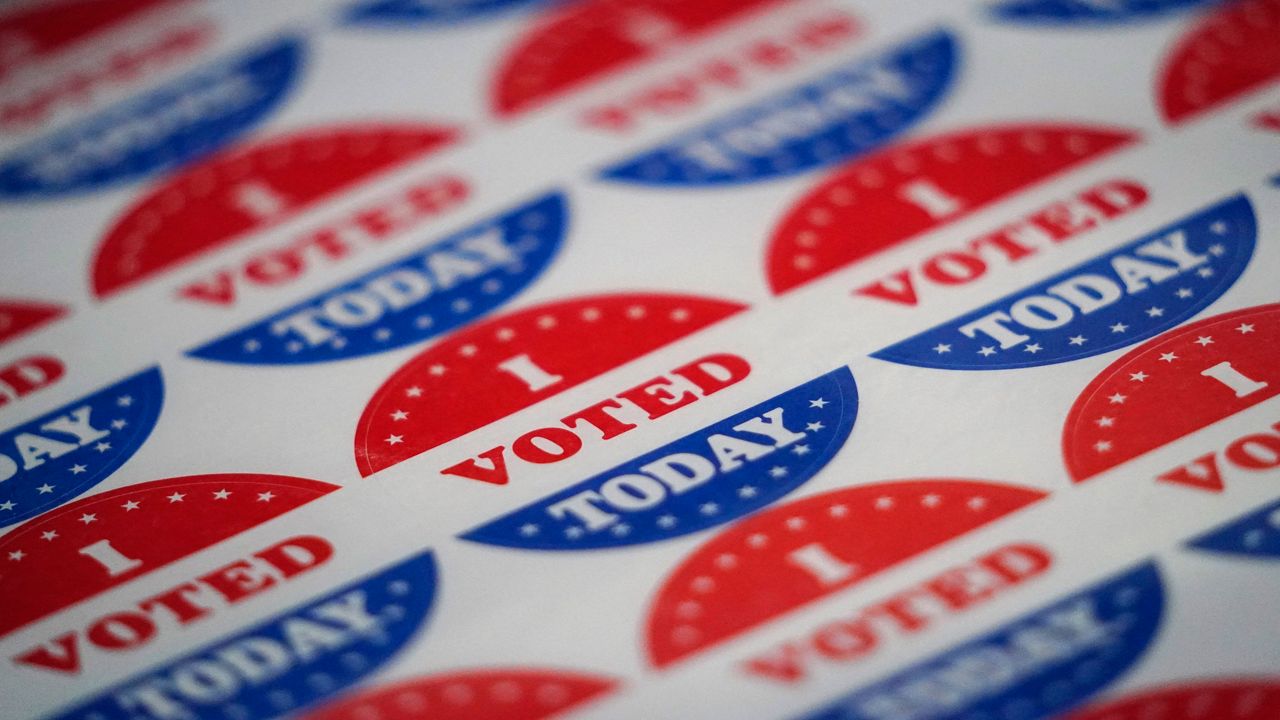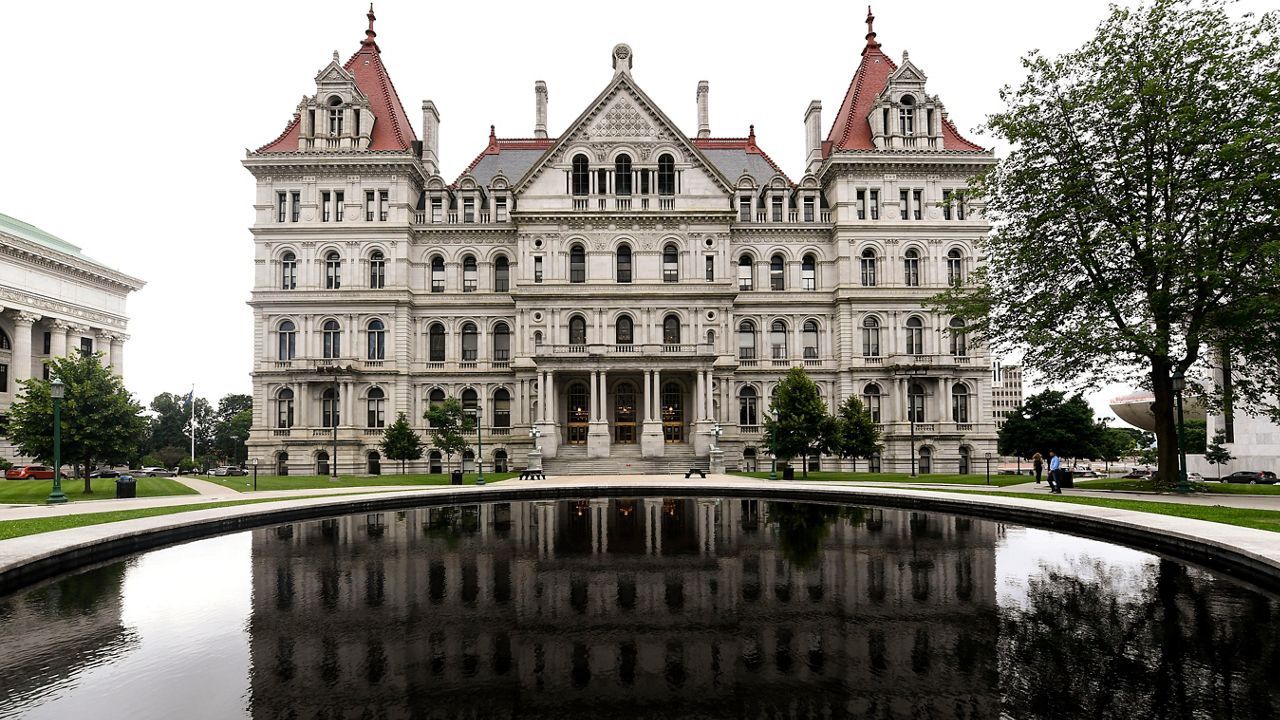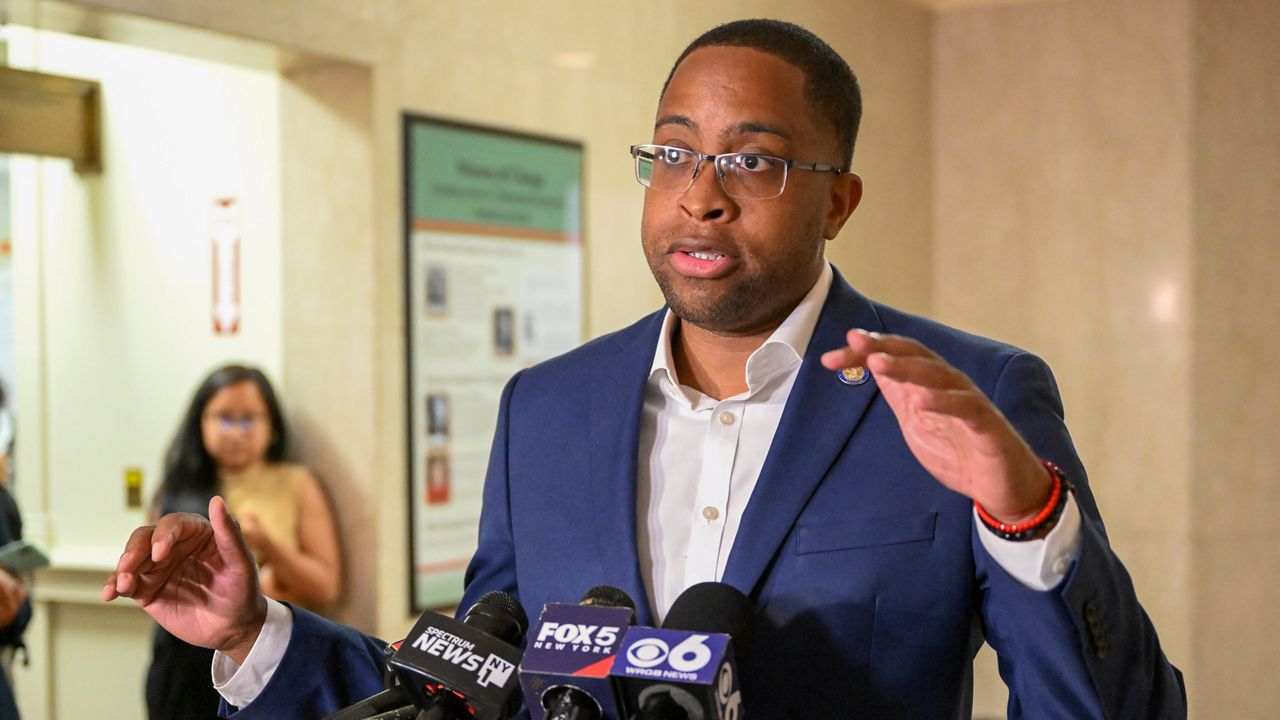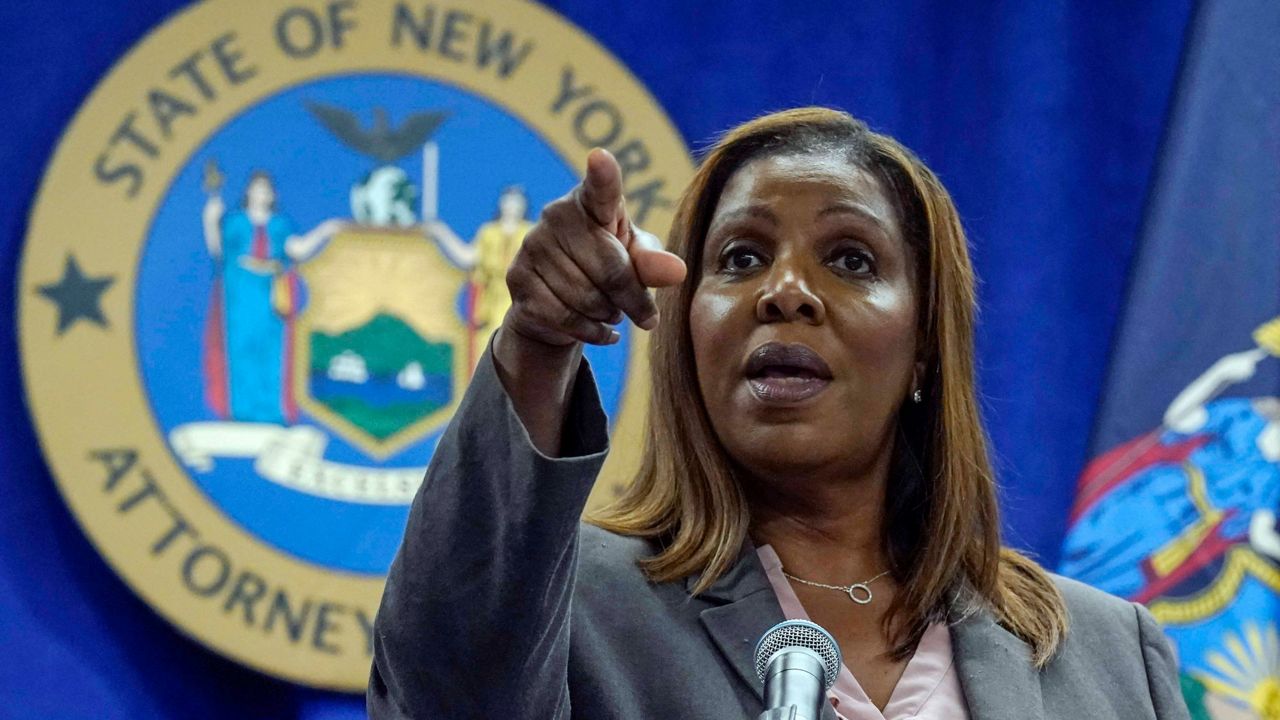Two good-government organizations in New York on Monday urged state lawmakers and Gov. Kathy Hochul to move all of New York's primaries to Aug. 23 amid the likelihood intraparty contests will be split over eight weeks this summer.
New York voters may be required to vote in two separate primaries this year due to the still-ongoing challenges to New York's redistricting maps approved by Democratic lawmakers earlier this year. It's a potentially costly and confusing development for voters, elections officials have said.
"Splitting primary elections between June and August will be absolutely detrimental to voter turnout and unnecessarily increase administrative burdens and costs on local boards of elections," the League of Women Voters and Citizens Union wrote in the letter to top state officials. "New York consolidated its primary elections in 2019 precisely for those reasons. That reform, which was passed under the leadership of the Senate Majority Leader and the Assembly Speaker, led to higher primary turnouts and a more effective election administration."
A state judge set Aug. 23 as the party primary for the U.S. House and state Senate after the state Court of Appeals last week rejected the newly drawn districts for those chambers as unconstitutional. Primaries for statewide offices -- governor and lieutenant governor as well as state Assembly -- remain set for June 28.
That could change given the state Assembly lines are now facing two legal challenges, including one that will be heard in Steuben County on May 10. The possibility of the maps for the state Assembly also being tossed by the courts and redrawn by an appointed special master would throw the state's election calendar into even more flux.
Statewide primaries are estimated to cost as much as $30 million, and some lawmakers have called for additional funding for local elections boards to help pay for the two separate days of voting, along with early voting.
For several cycles, New York had two primaries -- a federal contest in June and state-based offices in September -- after the state was found to have been in violation of a federal law requiring timely access to overseas and military ballots.
"Consolidating the 2022 primary elections would minimize the impact of the Court’s ruling on voters, candidates, and election officials and would provide some stability to the current electoral cycle," the groups wrote. "Changing the political calendar requires swift legislative action due to legal deadlines and administrative constraints. We urge you to prioritize such legislation in the next few days."








